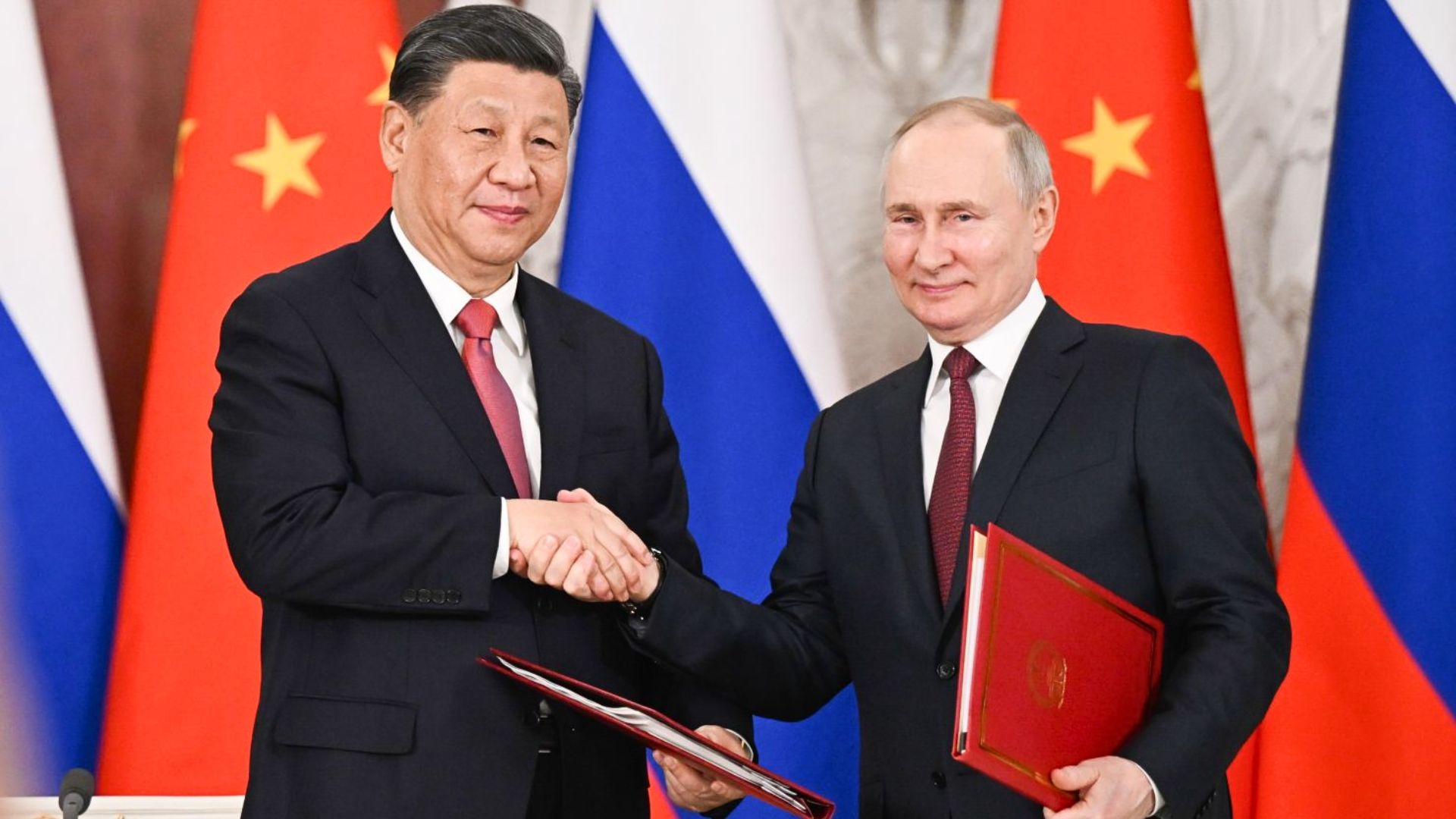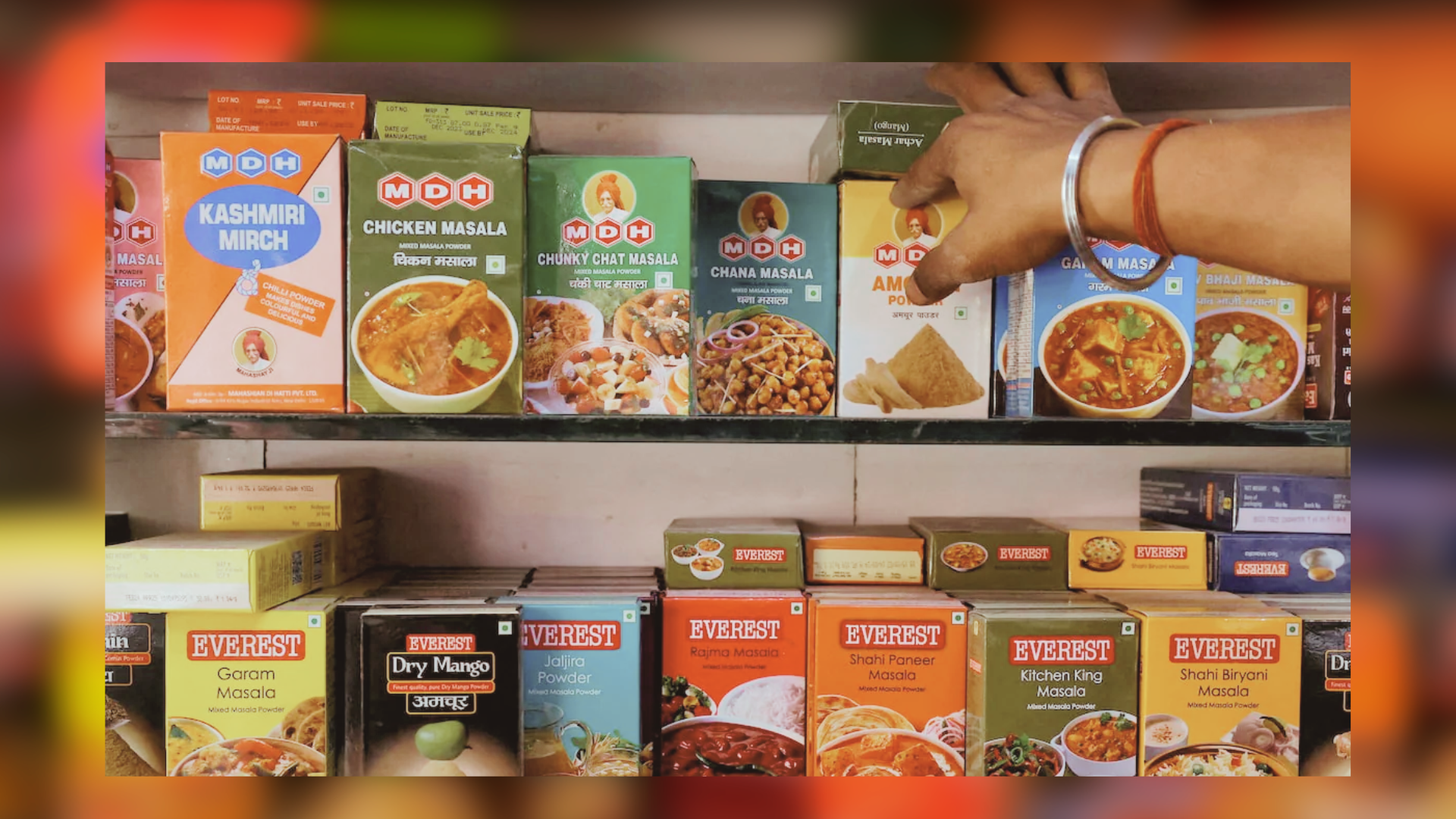










Hong Kong recently halted sales of three spice mixes from India’s MDH and an Everest blend for fish curry, citing potential safety risks. This move comes amidst a broader investigation by India’s food safety regulator, which has ordered testing and inspections across all companies producing spice mixes. The investigation has garnered global attention as regulators worldwide scrutinize suspected contamination in these popular Indian brands.
The suspension of sales in Hong Kong and Singapore stemmed from concerns about high levels of ethylene oxide detected in the Everest fish curry mix, a substance deemed unfit for human consumption and linked to long-term cancer risks. MDH and Everest products, known for their popularity in India and global markets, have faced assurances from their respective companies regarding safety. However, authorities in the United States and Australia have initiated inquiries, echoing India’s directive for testing these brands’ products.
In response, India’s food safety authority has mandated extensive inspections, sampling, and testing at all manufacturing units producing powdered spices, particularly focusing on curry powders and mixed spice blends. Each sampled product will undergo analysis to ensure compliance with quality and safety standards, including checks for ethylene oxide presence, prohibited in India.\
ALSO READ : EU Pledges $1 Billion Aid For Lebanon Amidst Economic Turmoil
India, renowned as the world’s largest exporter, producer, and consumer of spices, holds a significant stake in the global spice market, valued at $10.44 billion domestically in 2022. Apart from MDH and Everest, major players in the spice industry include Madhusudan Masala, NHC Foods, Tata Consumer Products, and ITC. However, these companies have not yet responded to requests for comment regarding the ongoing scrutiny.
According to the Spices Board, India’s spice exports totaled $4 billion in the fiscal year 2022-23. Nevertheless, the Global Trade Research Initiative cautioned that increasing international scrutiny could jeopardize over half of India’s spice exports. Should China adopt similar measures as other nations, the report predicts a substantial decline in Indian spice exports, highlighting the potential impact of global safety concerns on the country’s spice industry.









